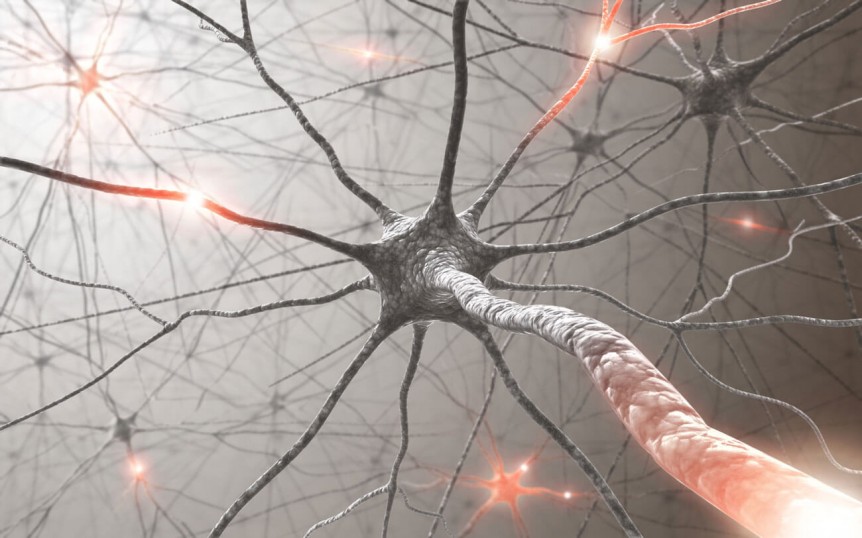Processing speed is the pace at which you absorb, understand and react to what you see, hear, feel or experience. It is how fast you collect and process.
Having slow processing has little to do with how smart you are. It just reflects how fast you can absorb and use information. Those with slow processing take longer than peers to perform tasks – academically, at, work and in daily life. Some very bright kids process slowly.
Why is processing speed so important?
Those with slow processing tend to underperform. Slow processing undermines learning. It can make it harder for kids to master literacy and numeracy. It can also undermine the ability to perform tasks quickly and accurately. When listening to fast speech, if you can process fast and have good short-term memory, you have a better chance of understanding everything. Processing speed and short-term memory work together as a team.
Slow processing undermines performance
Slow processing undermines learning and attention and contributes to learning difficulties such as attention deficit, dyslexia or auditory processing disorder. If you are listening to someone speaking fast and have average short-term memory, you may not comprehend it all. Slow processing can also undermine the thinking skills that allow us to plan, set goals, and respond to problems and complete tasks.
Slow processing can undermine your ability to think, act or make decisions in a timely manner. Does your child take much longer than classmates to complete homework or do poorly in tests when they do well in class?
Many children struggle with multistep directions like “Don’t forget to grab your assignment, put your lunch in your school bag and brush your teeth before we leave for school.” To cope with this you need adequate processing speed, short-term memory and auditory attention.
How fast or slow?
Having assessed nearly 2,000 clients, I observe that individual client auditory or visual processing speed ranges from five times as fast to twenty times as slow as the norm for their age. Very slow processing can be excruciatingly frustrating. Fast processing can advantage you by allowing you to work quicker and smarter.
Symptoms of Slow Processing
Slow processing speed can undermine performance at school, home or sports:
- Finishing tests or assignments on time
- Taking adequate notes while learning
- Get easily overwhelmed
- Need more time to make decisions or give answers
- Need to re-read information to fully comprehend
- Struggle with multistep instructions
Slow processing need not be a life sentence
Norman Doidge in his bestselling books has popularised the fact that the brain is enduringly changeable. So it is never too late to improve brain function with activity, which is why those at risk of dementia are now advised to learn a foreign language or to travel. Therefore it is possible to improve processing speed by better connecting the underused parts of your brain.
If you would like to take the next step with Harry Armytage, complete the listening scorecard here

